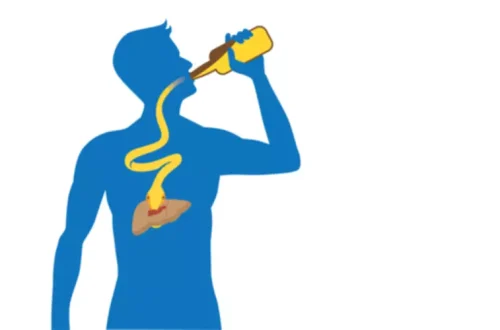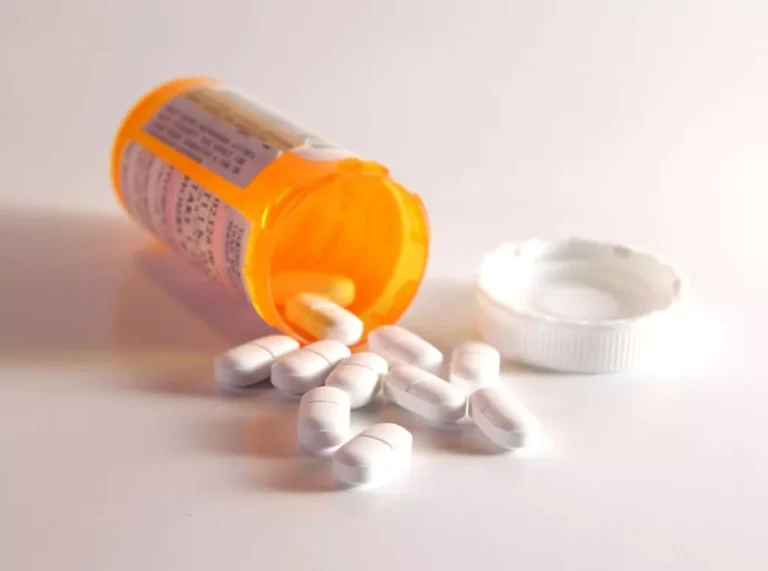
High alcohol consumption can damage your brain and the rest of your body. Caffeine directly impacts dopamine levels and other neurotransmitters contributing to your overall brain functioning, sleep, appetite, and mood. It can occur during or after someone’s alcohol addiction, even in otherwise healthy people. They should seek mental health services and pursue therapy that deals with all of their conditions at once. During cognitive-behavioral therapy, a person will work with their therapist to identify the thought patterns that trigger their anxiety and alcohol use. Heavy alcohol consumption can damage the brain’s communication centers, making it hard for the brain to store memories or track conversations.
How Long Does Brain Fog Last After Drinking?

Individuals should be prepared to be uncomfortable during this period and have medical help available if needed. This is the period in which delirium tremens is most likely to occur, which requires immediate medical attention. Here at Sunnyside, we use the science behind habits to help you reach your goals. We make it easy alcohol brain fog to follow your patterns, catch your triggers, and offer 24/7 support with a community of like-minded people and trained coaches. Try our free 3-minute quiz and get a personalized plan and free trial to see how it will work for you. On top of its essential role as a chemical in the brain, dopamine also acts as a hormone.

Coping With Relapse and Seasonal Affective Disorder
The two conditions, together called Wernicke-Korsakoff syndrome, happen in people who are severely deficient in thiamine (vitamin B-1). When the liver is not able to filter this poison quickly enough, a person can develop signs of alcohol poisoning or alcohol overdose. An overdose of alcohol affects the brain’s ability to sustain basic life functions.
How Does Alcohol Affect the Brain?
You can rest assured that brain fog goes away just like your other withdrawal symptoms. While the time line is different for everyone, you should start to notice differences in your mental acuity as you make your way through the detox process. Most people find that they are thinking much better within the first week, and their ability to make decisions and remember information only continues to improve as they make progress in their recovery. Your experience should be similar, and you can always ask the staff at the treatment center if your challenges with thinking are normal.

Short-term effects
It alters neurotransmitter levels, disrupts signaling pathways, and damages brain cells. These changes contribute to cognitive impairments, including brain fog. The severity and duration of brain fog can vary depending on the individual’s alcohol consumption history and the duration of withdrawal. Did you know that alcohol-induced brain fog affects millions of individuals https://ecosoberhouse.com/ globally? This cognitive impairment, characterized by mental confusion, poor concentration, and memory issues, can significantly impact daily functioning. Whether you’re transitioning into a sober life or trying to overcome the lingering effects of alcohol, understanding how to combat brain fog is crucial for reclaiming mental clarity and well-being.
- Answer these questions and you can start your alcohol addiction recovery journey with a clear mind.
- This is because alcohol withdrawal brain fog can be dangerous and even life-threatening.
- This dependency means that their brains crave the drug, causing them to experience withdrawal when they do not drink.
- The brain gets focused on the reward and stops caring about the drawbacks.
- For instance, try brushing your teeth with the opposite hand for a week, read a book that’s not your go-to genre, or take a different route to work.
- We then describe evidence-based treatments you can recommend to patients to help the brain, and the patient as a whole, to recover.
National Institute on Alcohol Abuse and Alcoholism (NIAAA)
The duration of brain fog after drinking can vary depending on several factors. If you’re experiencing brain fog as a result of a hangover, it typically lasts between 8 to 24 hours. However, it’s important to note that cognitive impairments resulting from long-term alcohol use can persist even after you stop drinking. According to the National Institute on Alcohol Abuse and Alcoholism, people who get treated for their alcohol problems have no further mental or physical symptoms one year later. Understanding alcohol brain fog is crucial for anyone dealing with alcohol-related cognitive impairments.
- It can provide invaluable support by addressing underlying mental health issues and developing coping mechanisms to prevent relapse.
- During acute and protracted withdrawal, a profound negative emotional state evolves, termed hyperkatifeia (hyper-kuh-TEE-fee-uh).
- Eating a balanced diet and staying hydrated are essential for maintaining brain health and keeping brain fog at bay.
- In a study published in 2018, people who regularly had 10 or more drinks per week had one to two years shorter life expectancies than those who had fewer than five drinks.
- This is no more than seven drinks per week for females and no more than 14 per week for males.

Psychological effects
- High amounts of alcohol use are causal risk factors in the development of disease in the heart, liver, pancreas, and brain (including the brains of children in utero).
- If someone experiences brain fog in the weeks after their withdrawal, they may have a mental health problem.
- There are a number of things that you can do to clear your head and feel better.
Between 12 and 24 Hours

